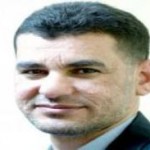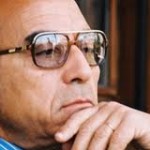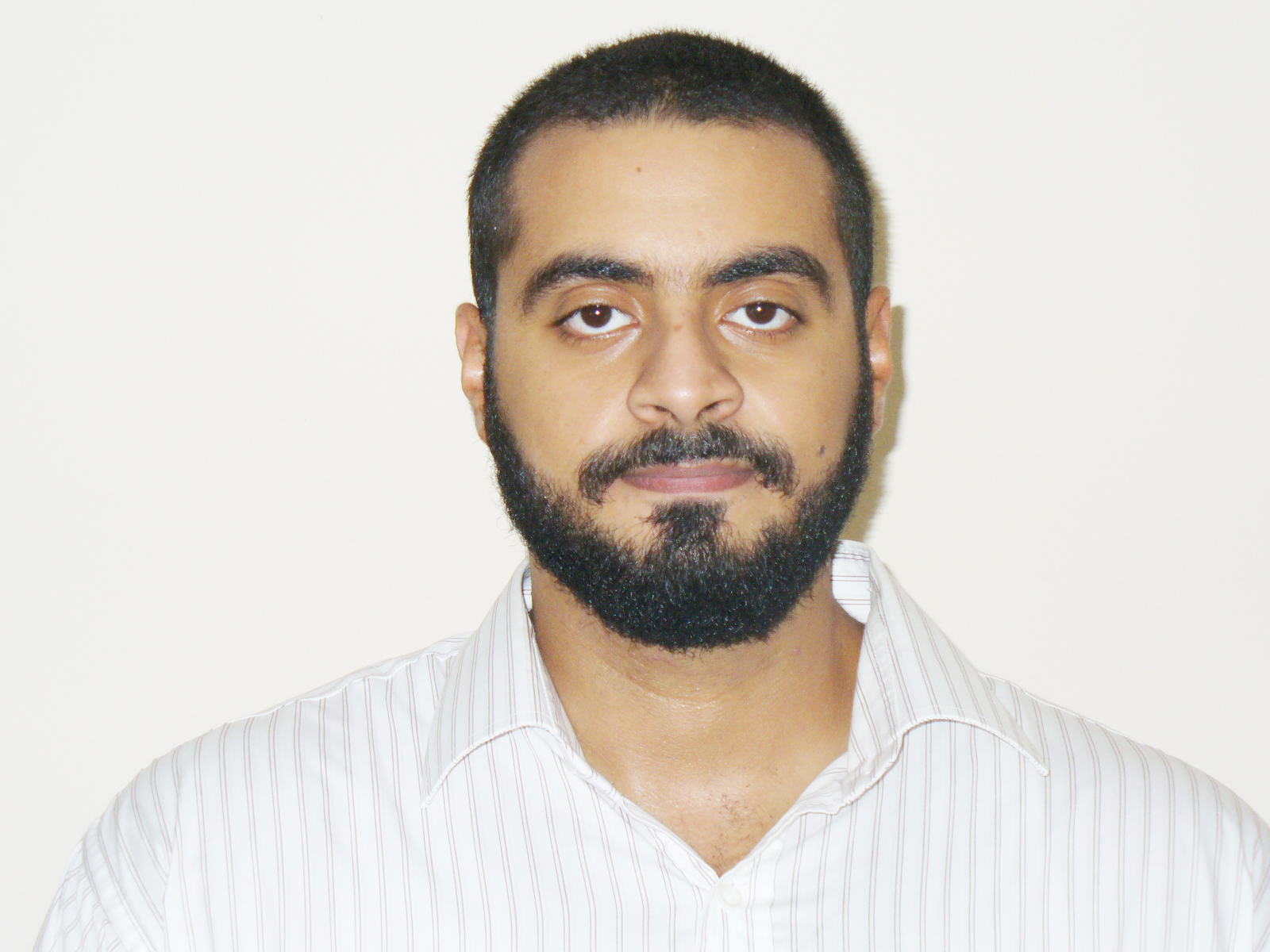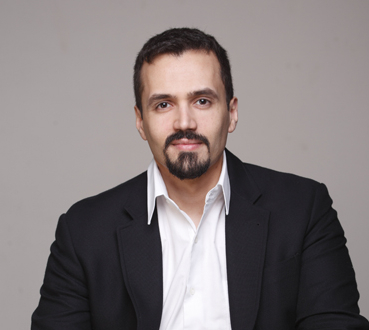Morsy’s Ramadan Speech, Africa and Sulieman’s death
After President Morsy addressed the nation on the occasion of Ramadan and mentioned the importance of revisiting the ties with the African continent, many columnists across the Egyptian press have touched on his speech, while some have recalled the achievements of the 23 July 1952 revolution within the context of Egypt’s relations with Africa.
Also, after former Vice-President Omar Sulieman died in the U.S., some writers have denounced calls from some salafist figure heads not to hold a funeral given the former’s role in the ousted regime.

Mohamed Salmawi
Morsy, Ramadan and Africa
Al-Masry Al-Youm newspaper
In an effort to analyze President Morsy’s public speech to celebrate the occasion of Ramadan, Mohamed Salmawi places emphasis on the president’s reference to the importance of strengthening Egyptian ties with Africa. Despite the irrelevance of the occasion, the writer asserts that the country suffered during Mubarak’s 30 years from an African ignorance to an extent that threatens our southern borders and our share of the water from the Nile. While considering the importance of revisiting relations with Africa, Salmawi chides Morsy for not connecting the significance of such a move to the earlier cornerstones of the 1952 revolution. If Egypt retains any meaningful role within the African continent, then it is thanks, in no small part, to late President Gamal Abdel Nasser who was ‘the leader of the African free movements,’ as described by the African leader Nelson Mandela in one of his public speeches.
Salmawi estimates that these movements had been granted legitimacy from Cairo as happened with Patris Lumumba, Kuwami Nkrumah and others. All these incidents took place during the sixties, a period that has been mentioned in Morsy’s speeches in Tahrir square.

Saad Al-Din Ibrahim
Egyptians abroad aspire to political positions
Al-Masry Al-Youm newspaper
In any of his meetings with Egyptian communities abroad, Saad Al-Din Ibrahim asserts that they strongly follow all updates occurring in Egypt’s political sphere and even aspire to increase their political participation. Although Egyptian expatriates have always been curious to know the details of any incident occurring in their homeland, the writer affirms that after the Arab Spring revolutions, there is a tendency of increasing desire to participate in public and communal work. This materializes in their participation in all elections starting with the March 2011 referendum on the constitutional amendments up until the presidential elections in May 2012.
Among this active political spirit, many Egyptians have had the dream of nominating themselves to Egypt’s presidency but are always confronted with challenges that hinder them from achieving this dream. Yet, Ibrahim recalls his conversation with an Egyptian taxi driver in the U.S. who has expressed his wish to the former in participating in the presidential race. The writer refers to Adel Qabeesh, an Egyptian surgeon as another example of those ambitious in securing political positions. After the 25 January revolution, Qabeesh visited Egypt to study ways through which his expertise can help Egypt draw its crisis to an end. He has repeatedly expressed his wish to hold the responsibility of an executive political position such as that of a Prime Minister. Will president Morsy open the doors for such an example and consider for such a post?

Mohamed FathyYounes
Omar Sulieman and hell
Al-Watan newspaper
After the death of former Vice-President Omar Sulieman, many Islamists have prohibited mourning on the grounds that the deceased was a ‘hypocrite and corrupt’. Recalling the speech of spokesperson for the Salafist Front, Khaled Said, following Suleiman’s death, Mohamed Fathy Younes harshly criticizes the former for essentially issuing a fatwa, calling Muslims not to hold funeral prayers for Sulieman. The writer chides Said for referring to verses in the Quran that support the de facto fatwa while neglecting all initial reasons and conditions of this Quaranic verse.
The writer confirms that the fatwa coming from the Salafist figurehead shows that mixing religion and politics still results in extreme conclusions saying that Islamic figures manipulate religion according to their political goals ignoring the basic rules of Islam. They have been using Islam as a double-edged sword, especially after the 25 January revolution, whether while dealing with civilian powers during the March 2011 referendum on constitutional amendments or with the Islamist dominated parliament. It is understandable that Said could call for not holding a military funeral for Sulieman, given his role as a main player within the former regime, but calling for no funeral of any kind is definitely weird. The realm of the dead cannot be controlled by human beings, Younes asserts.

Ibrahim Mansour
Morsy’s government headed by Al-Ganzoury
Al-Tahrir newspaper
As Egyptians await the formation of the new government, president Morsy keeps delaying the issue, commenting that the timing to announce the new cabinet is coming soon ‘insha Allah’. Ibrahim Mansour denounces Morsy’s delay, which keeps Al-Ganzoury’s government up and running. In almost all democratic countries, a certain schedule is set to inform the people on when their country can look forward to the formation of a new government. Mansour regards Morsy’s continuous dawdle as a clear sign of a probable new dictatorship. The writer then condemns Al-Ganzoury’s government for failing to address the paralysis it inherited from former Prime Minister Essam Sharaf.
Al-Ganzoury’s government has done little to stop Egypt from drowning in an ocean of chaos and crisis in Mansour’s estimation. Issues like traffic, security and prices are even worse. Not surprisingly, the government carries on with its tasks during Morsy’s first 100 days as president, a period in which he has vowed to achieve a breakthrough in five vital areas that affect the daily life of typical Egyptians. Finally, Mansour asserts that in having Al-Ganzoury’s government head Morsy’s first three months nothing has been done to remove the remnants of the former regime from the levers of power. It looks like President Morsy will drag us back, Mansour writes.

Yehia Al-Rakhawy
Motivated by honesty, or slicing up the cake?
Al-Tahrir newspaper
In his column, Yehia Al-Rakhawy asks why President Morsy tries to please everyone to an extent that seems exaggerated. The writer recalls when the president took his oath twice, once in front of the crowds in Tahrir Sqaure and the other in front of the constitutional court. Analyzing Morsy’s attempts to appear as a friend to all factions in the political scene, Al-Rakhawy asserts that the approach is unhealthy as the differences of views within Egyptian politics, which now on longer look poised to created violent conflict, are being obscured while every political force wants nothing but to take a slice of Egypt’s cake.
Instead of trying to act as a friend to Tahrir, the Muslim Brothers, Liberals and the military , it is better for Morsy to declare his original identity – that of a Muslim Brother. Finally, the writer states that Morsy should have spared his efforts in trying to please everyone, simply admitting to Egyptians that he is part of the Muslim Brotherhood’s Freedom and Justice Party, and by that he adheres to a certain understanding of Islam. Part of this Islamic comprehension will appear in sectors of education, tourism, health, media, and so on without pushing back freedoms of expression or creativity. Democracy is the only factor that stands between Morsy and his people.


